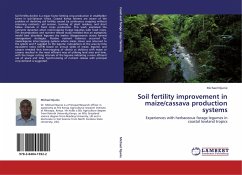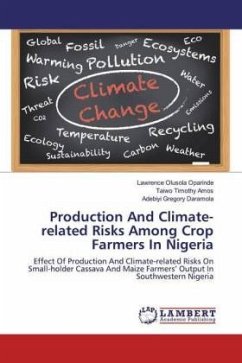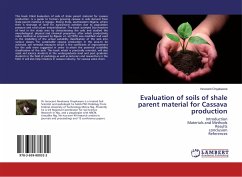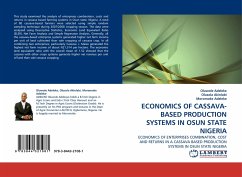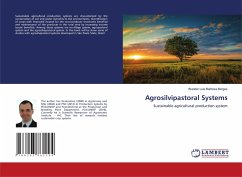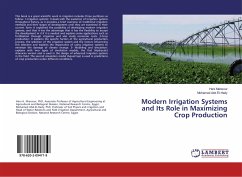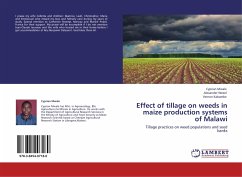Soil fertility decline is a major factor limiting crop production in smallholder farms in sub-Saharan Africa. Coastal Kenya farmers are aware of the problem of declining soil fertility caused by continuous cropping without returning nutrients, soil erosion, burning of plant residues, and short fallow intervals in food crops production. This work examined the nutrients dynamics when intercropping forage legumes with food crops. The decomposition and nutrient release study revealed that an asymptotic model best described legumes dry matter disappearance across harvest management strategies. Positive nutrient balances occurred for maize/legume intercropping systems where maize stover was returned to the system and P supplied to the legume. Calculations of the area by time equivalent ratios (ATER) based on annual yields of maize, legume, and cassava revealed that intercropping of clitoria or dolichos with maize or cassava resulted in the most efficient way of utilizing land area and time, with the longer cutting intervals of the legume indicating a more efficient use of space and time. Synchronizing of nutrient release with principal crop demand is suggested.
Bitte wählen Sie Ihr Anliegen aus.
Rechnungen
Retourenschein anfordern
Bestellstatus
Storno

